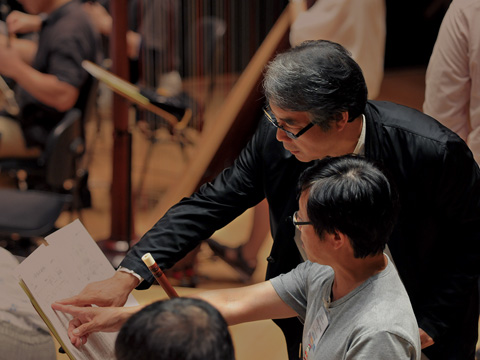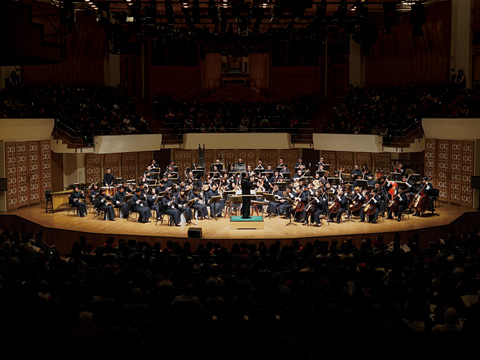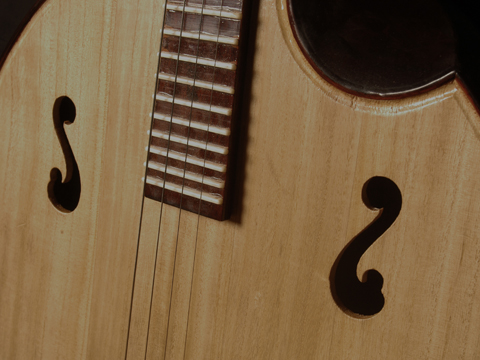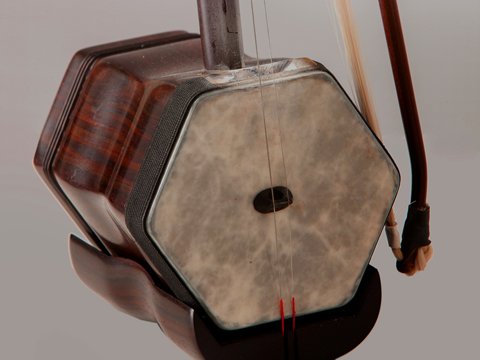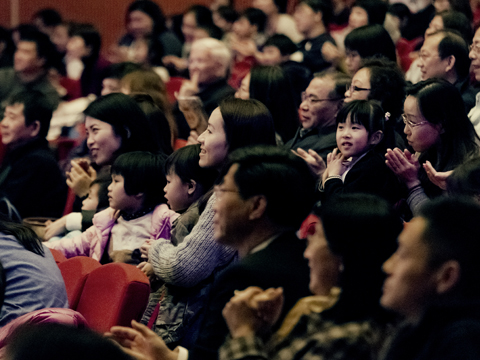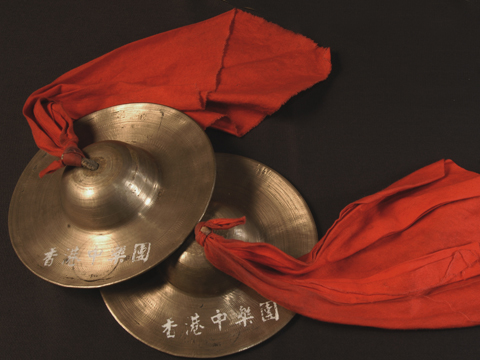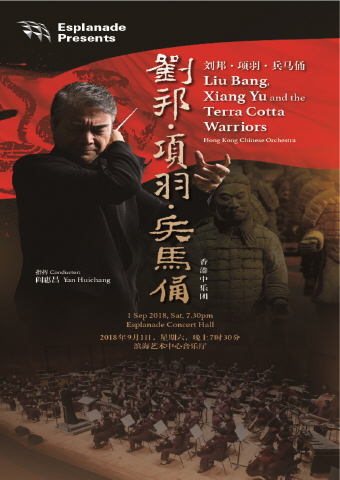Historical Subject Matter with Contemporary Significance
Chow Fan-fu
History, Chinese or Western, has been an inexhaustible source of inspiration for art and literature. It often forms the subject matter of novels and plays, painting, sculpture, drama, dance and music. This concert is a typical example of music production with historical (or story) material from Chinese history.
The programme of this concert is made up of four works with different styles, techniques and effects but whose subject matter all draws from Chinese history. One can of course adopt a certain perspective or level of appreciation that is based simply on either the historical facts or stories associated with them, but often the composer would not stop at mere narration, but would explore the musical possibilities further to depict emotion in quest of a universal theme that transcends time and space. Accordingly, music with historical subject matters is often understood as allegorical of contemporary times, and hence resonates more easily and intensely with a contemporary audience.
So, while we can enjoy the music with their historical references, we may also go beyond that and explore the musical conceits with contemporary emotions and ethos. The order of the programme has the four pieces arranged according to their chronology. With Peng Xiuwen’s celebrated composition, a Fantasia The Terra Cotta Warriors, as the opening number, such an arrangement highlights the salient anti-war sentiment of our time. Through it, Peng accuses the First Emperor of Qin of tyrannical despotism and warmongering. The second movement describes the long military posting of soldiers and their longing for home; the anti-war sentiment cannot be more pronounced in the programme music.
Closing the first half of the concert is King Chu Doffs His Armour, which draws its inspiration from a famous battle in history between the states of Chu and Han. If we view it from the perspective of Xiang Yu, the Overlord of Chu, the music tracks the changing emotions of the defeated Xiang, his tragic end on the Wu River, and his final farewell to his concubine Yuji. In short, it is a “song of the defeated”. Then as the second half of the concert unfolds, we see an even more complex analogy in Ambush on All Sides. It features four solo instruments, two Chinese and two Western, and incorporates both old and new musical styles. Though the subject matter is still the battle between Chu and Han, the perspective now shifts to the eventual victors, Liu Bei and his Han army. The portrayal may be war-related, yet the modern ambiance of the music also lends itself to a contemporary interpretation. Is it not also a depiction of the jubilant feeling of the champion in the modern rat race, where everyone chases after fame and pecuniary gains? This is therefore a “song of the victors”. Such a juxtaposition sets a stark contrast between the victorious Ambush on All Sides and the forlorn King Chu Doffs His Armour. At the same time, the latter suggests strong the “winner takes all” mentality of the highly competitive modern capitalist society.
Wrapping up the concert is Ng Cheuk-yin’s Tang Resonating. It has the golden age of the Tang dynasty as its subject matter, which is reflected not only in its ambiance but also the essence of the music. The word “resonating” in its title goes much further than its literal meaning: it refers to the sounds of the music as well as the spirit of the times – how we interpret “golden age” at the present moment. Do we adopt an open mind or practise protectionism? Under the current globalization trend, the Tang dynasty’s cultural inclusiveness and tolerance, which made for a prosperous age, serves as a valid pointer.
The contemporariness of the first three war pieces holds a mirror to the glorious “golden age” of the finale. Historically speaking, war is often viewed as a prelude to peace and the building of a prosperity society. But in this modern age where nuclear weapons are a threat, war is still ongoing. Then is war still a valid means to attaining peace? It is clear that the anti-war sentiment now forms the common consensus of modern society. When appreciating this programme, one should, therefore, pay close attention to whether the music inspires in you this anti-war sentiment - perhaps the proper way to approach this history-inspired piece of music?
